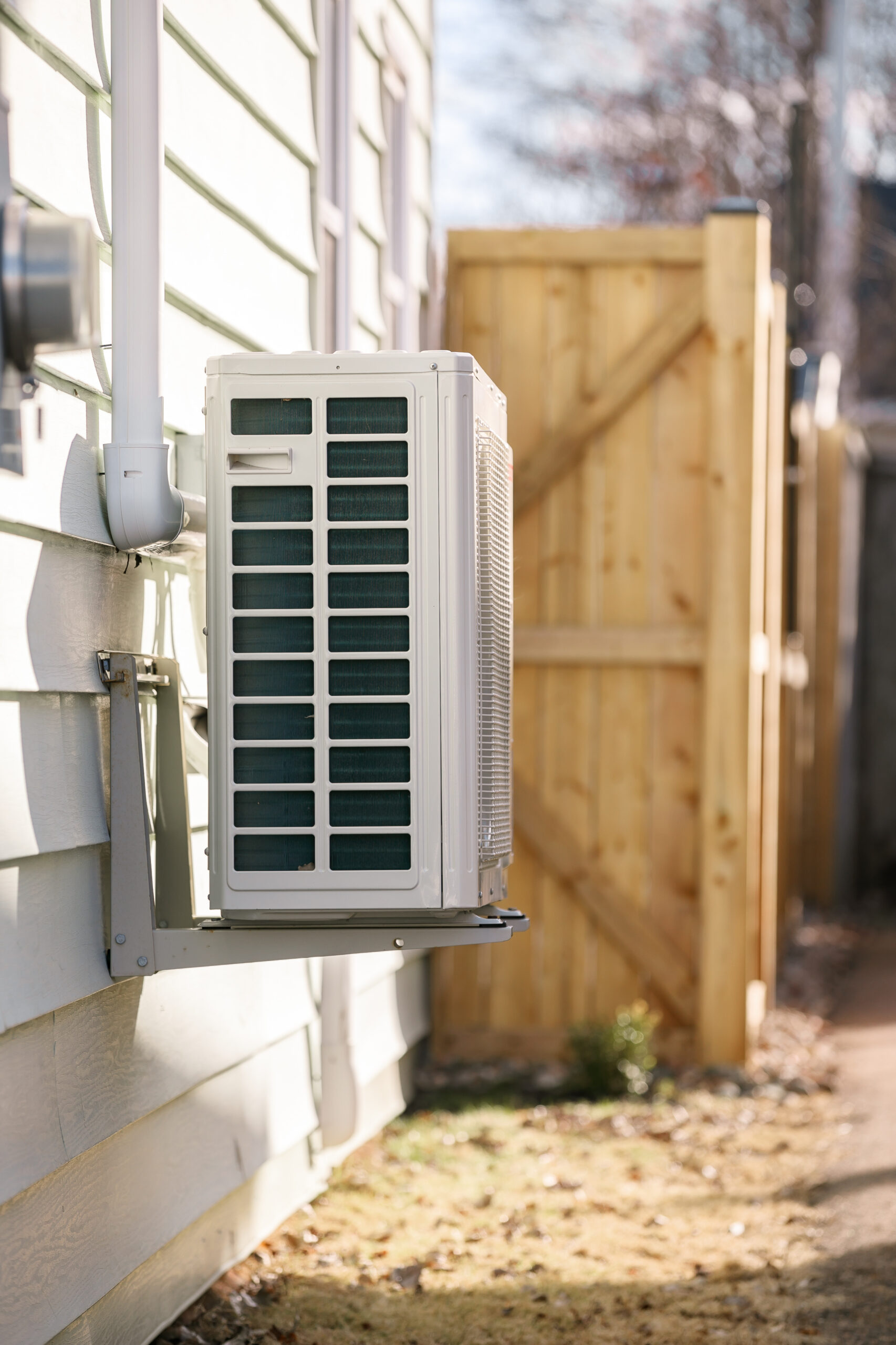Government of Canada’s Building Back Better Plan Boosts Energy Efficiency

The Government of Canada will help accelerate investments in energy efficiency and electrification as part of its Fall Economic Statement 2020[1]. The energy efficiency retrofits will provide grants of up to $5,000 for as many as 700,000 homeowners. The Government is also working on a plan to invest $2 billion in low-cost loans for large buildings through the Canada Infrastructure Bank. Details on these programs are expected in the coming weeks and months.
On a longer-term basis, the Government has committed $7.3 million for the creation of a public-private Sustainable Finance Action Council. The Action Council will recommend what critical market infrastructure is needed to attract and scale sustainable finance in Canada, including enhancing climate disclosures, ensuring access to useful data on sustainability and climate risks, and developing standards for investments to be identified as sustainable. The government will launch the Action Council in early 2021.
PACE Atlantic CIC sees these actions as complementing its work to develop and support municipal efficiency, electrification and sustainability program. The federal programs will accelerate an already good case for homeowners and landlords to invest in energy upgrades.
Details of the programs from the Economic Statement include the following:
Retrofits
The government proposes to provide $2.6 billion over 7 years, starting in 2020-21, to Natural Resources Canada to help homeowners improve their home energy efficiency by providing up to 700,000 grants of up to $5,000 to help homeowners make energy-efficient improvements to their homes, up to one million free EnerGuide energy assessments, and support to recruit and train EnerGuide energy auditors to meet increased demand. Additional information on home energy efficiency grants will be provided in a future announcement, and eligibility for these grants will be retroactive to December 1, 2020.
The government also recognizes that homeowners and landlords need to be able to access simple and affordable financing to make deeper home energy retrofits. Over the coming months the government will outline details of a low-cost loan program that integrates and builds on available energy audits and grants, and which can be easily accessed by Canadians.
EV Charging
The government proposes to accelerate this work by providing $150 million over 3 years to Natural Resources Canada, starting in 2021-22. These investments in infrastructure for zero-emission vehicles will help increase confidence that charging and refuelling stations are available and conveniently located where and when they are needed.
Public Transit
Details of additional support are to follow. The government will outline its next steps on public transit, including its plan to help electrify public transit systems across Canada, and provide permanent public transit funding, in partnership with the provinces and territories.
Strategic Interties
To bring clean power to more Canadians and accelerate Canada’s coal phase-out, the government is committed to working with the provinces and territories to help build new electricity transmission infrastructure with support from the Canada Infrastructure Bank (CIB). As part of its $10 billion Growth Plan, the CIB has earmarked $2.5 billion for clean power and is currently working in collaboration with provincial and regional partners to connect Canadians to clean electricity across Canada through the Atlantic Loop and other regional projects.
In addition, to further support necessary project predevelopment work, the government proposes to provide $25 million in 2021-22 to help some proponents complete engineering assessments, community engagement, and environmental and regulatory studies. This work will help inform and complement the CIB’s efforts to identify and address financial gaps in the projects.
Sustainable Finance
The government has committed $7.3 million over three years for the Department of Finance Canada and Environment and Climate Change Canada to create a public-private Sustainable Finance Action Council aimed at developing a well-functioning sustainable finance market in Canada.
The Action Council will make recommendations on critical market infrastructure needed to attract and scale sustainable finance in Canada, including enhancing climate disclosures, ensuring access to useful data on sustainability and climate risks, and developing standards for investments to be identified as sustainable. The government will launch the Action Council in early 2021.
The Canada Infrastructure Bank’s Growth Plan
In October 2020, the Canada Infrastructure Bank (CIB) announced a $10 billion Growth Plan to invest in infrastructure that will create good jobs for Canadians, build stronger communities, and make the economy more sustainable and resilient for everyone. Over the next three years, the CIB will work in partnership with provincial, territorial, municipal, and Indigenous communities, and leverage the private sector, to build infrastructure across Canada.
- $2.5 billion for clean power to support renewable generation and storage and to transmit clean electricity between provinces, territories, and regions, including to northern and Indigenous communities;
- $2 billion to connect about 750,000 homes and small businesses to broadband in underserved communities;
- $2 billion to invest in large-scale building retrofits;
- $1.5 billion for agriculture irrigation projects; and
- $1.5 billion to accelerate the adoption of zero-emission buses and associated charging infrastructure.
To accelerate the delivery of projects in which the CIB intends to invest, the plan will also allocate $500 million for project development and early construction works.
[1] https://www.budget.gc.ca/fes-eea/2020/report-rapport/FES-EEA-eng.pdf
